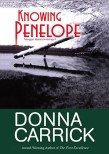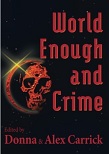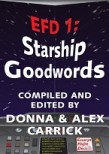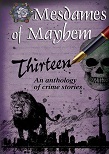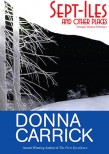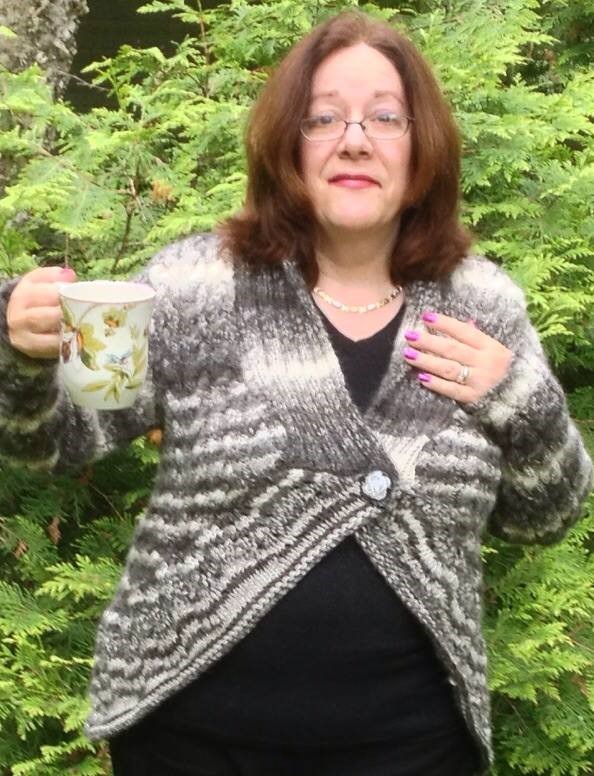 As writers, they are what we see when we close our eyes. They are our tools, our materials and our finished products. They have tremendous power over us. They can persuade, entertain, teach, inform, seduce, anger or sadden us. They lead us into our nightly dreams, and they greet us each morning as they march into our newly-awakened consciousness.
As writers, they are what we see when we close our eyes. They are our tools, our materials and our finished products. They have tremendous power over us. They can persuade, entertain, teach, inform, seduce, anger or sadden us. They lead us into our nightly dreams, and they greet us each morning as they march into our newly-awakened consciousness.
Author Janet Fitch (White Oleander, Paint it Black) once revealed in an interview that before sitting down to write she first reads passages from her favourite poetry. Doing so prepares her mind for the elegant flow of prose that is found in her books. Her skilful use of the words themselves is a testament to her love of them.
Many writers struggle with the modern reader’s expectations. How do we know whether we are saying too much or too little? Readers today have no patience for detailed description, long, eloquent passages that become redundant and insult their imaginations by leaving nothing undefined. And yet the educated reader still longs to see something of the art in our words. He wants to be elevated by the imagery as it unfolds.
A well-chosen phrase in the hands of a confident writer is like a bow and arrow in the hands of a skilled archer. One does not want to overshoot the mark with sloppy or flowery words. Nor does one wish to fall short and leave the reader wondering what the heck is going on. What we seek most ardently as writers is the ability to say exactly what we mean, in a manner that allows our stories to move forward while delighting our readers with some sense of our personal flair.
The goal then becomes two-fold as a writer of fiction: to use the language with precision, saying what we mean, and to also seek out subjects that will have ‘meaning’ to the reader. It is not enough to say what we mean, if what we mean is meaningless. As writers, people rely on us to broaden our perspectives, and to present them with ideas that will take them beyond their own existences.
Much is made of the old writers’ adage to “write what you know”. Today’s writer understands that, unless his personal knowledge of the world is already exceptional, he will be expected to leave his comfort zone on a regular basis. On the other hand, we don’t want to lie to our readers. That’s where research comes in.
I view writing not only as a tool to communicate ideas to the reader, but also as a motive for broadening my own understanding of the world. For me, this is where the real ‘art’ of writing is accomplished — in seeking out new ideas to grapple with so that I can present them to the reader with confidence and, I hope, with grace.


